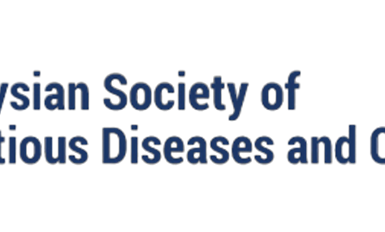by Kausalyaa Kaliapan
“The next ‘golden age’ in vaccinology will be ushered in by the new science of vaccinomics. In turn, this will inform and allow the development of personalized vaccines, based on our increasing understanding of immune response phenotype: genotype information.” Poland et al. (2008)
Currently, universal immunization is implemented using the same vaccine formulations, doses, and number of doses for everyone, as long as there are no contraindications. This approach assumes that everyone will respond to the vaccine in the same way, reaching similar immunity levels whether through antibodies or cell-mediated responses – and that everyone needs same amount of antigen to develop immunity.
It also assumes that everyone shares an equal risk of contracting the disease that the vaccine is designed to prevent. However, this one-size-fits-all approach overlooks the individual differences in disease risk, immune response, genetic predispositions, and the required dose for protection.
The vaccine technologies used for SARS-CoV-2, such as mRNA, viral vectors, protein-based vaccines may interact with our genes differently, leading to unique immune reactions. With advances in DNA biobanking and immunoprofiling of recipients, Covid-19 vaccinations could mark the beginning of a new era in personalised healthcare.
Scientists are now shifting their focus towards personalized vaccines. But what does this mean? Essentially, it is about the adaptation of vaccine antigens to optimize outcomes, that is, maximizing immunity while minimizing the risk of vaccine failure or side effects in people who are more vulnerable to severe disease or complications. The genetic differences can result in varying level of immunity such as the same vaccine may offer full, partial, or even failed protection for certain individuals. In this regard, many factors can influence individual responses to vaccines.
Age, gender, comorbidities, and lifestyles, such as smoking habits, alcohol use and physical activity, are well known factors that impact immunity to natural infections and vaccinations.
Of course, there are both advantages and challenges when it comes to implementing personalised vaccinology. On the positive side, it could make vaccines more predictable, resulting in fewer adverse effects and greater vaccine effectiveness, which may also lead to positive social outcomes. However, the downsides include higher costs and potential delays due to the need for pre-vaccination testing, which could limit access to lower vaccination rates.
Hence, personalised vaccinology may be particularly useful in addressing vaccine hesitancy. By moving away from mass vaccination approach, where vaccines are broadly administered based on a simple risk-benefit analysis, we can instead tailor approaches that differentiates between individuals and ensure that those at higher risk of severe disease are protected more effectively.


























Add comment